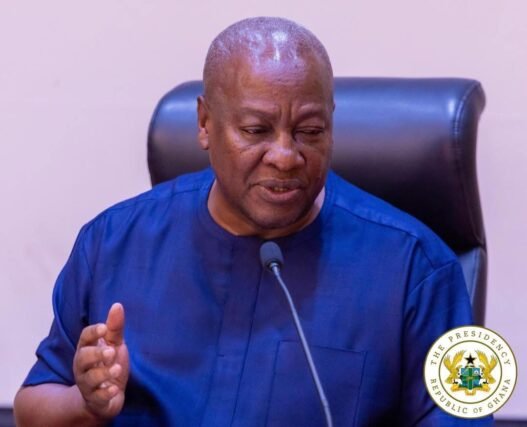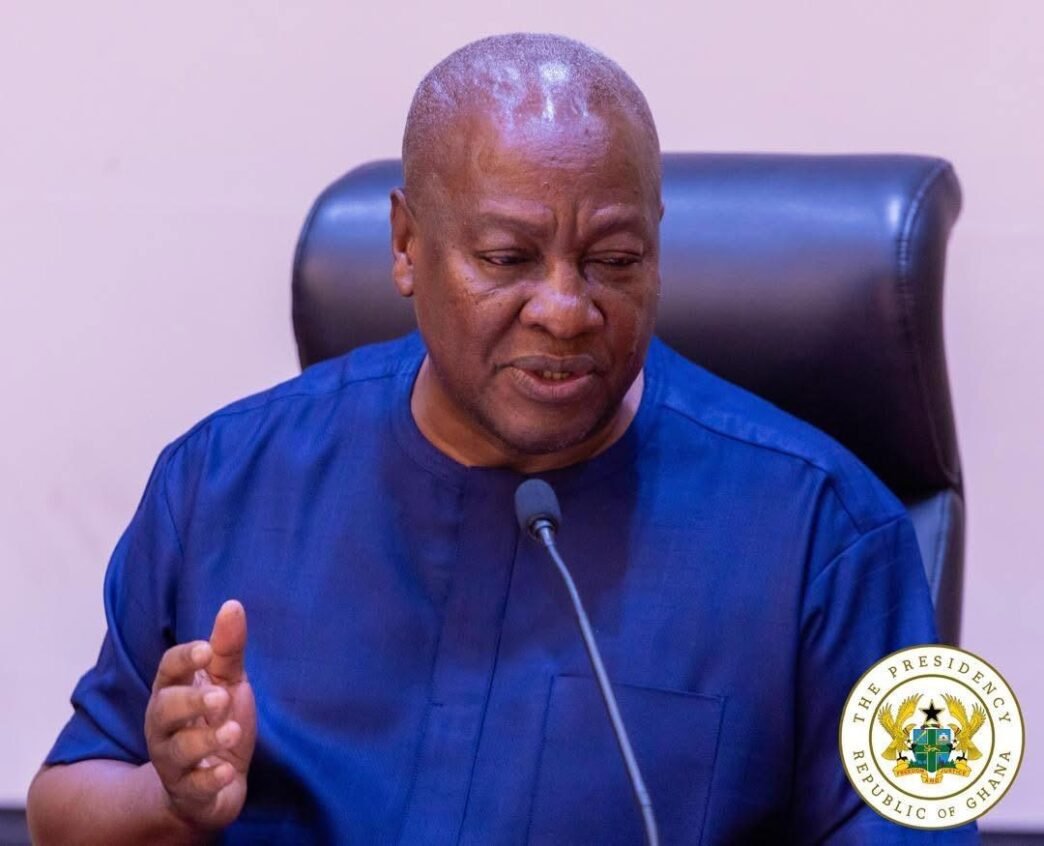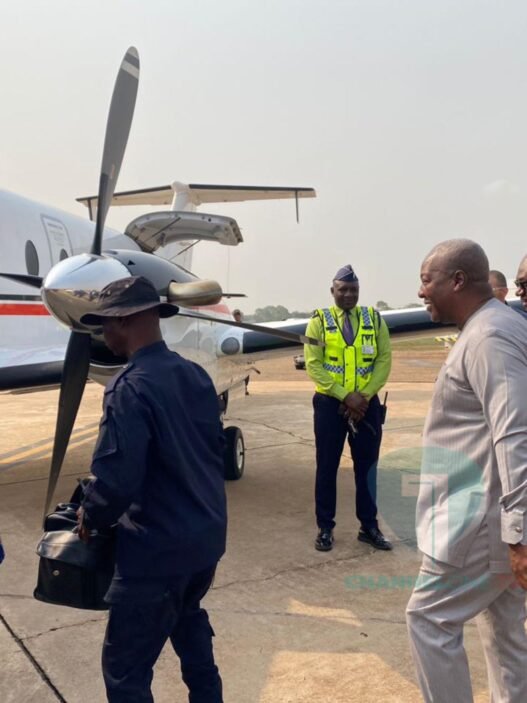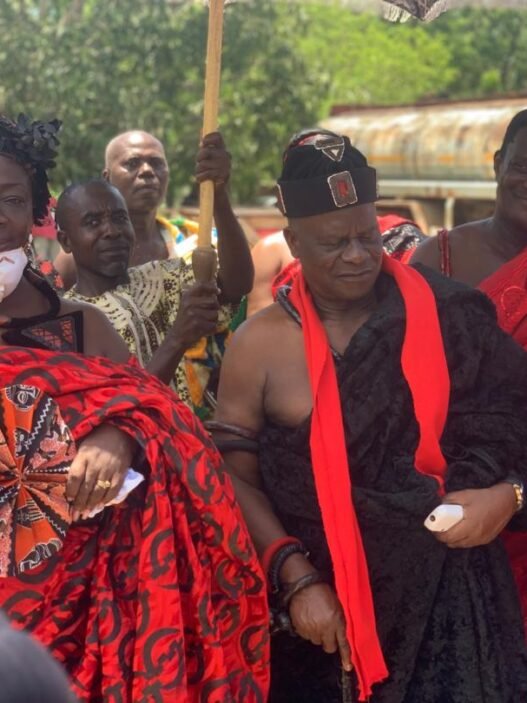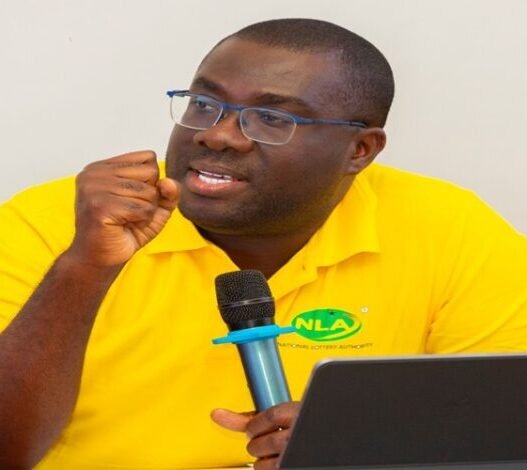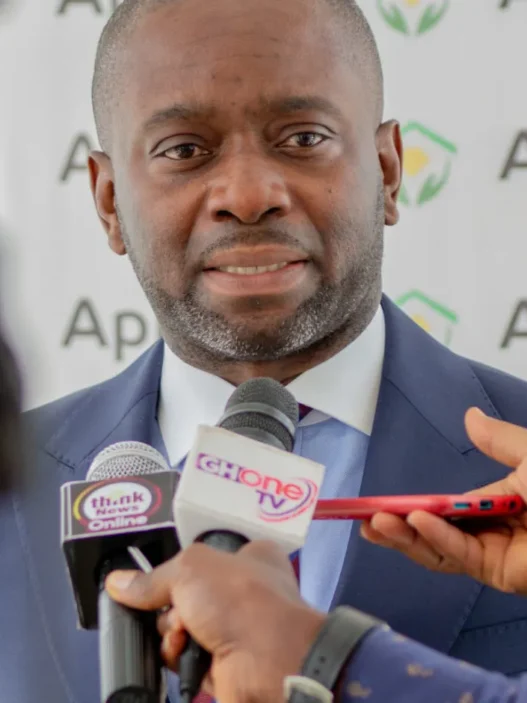In a significant political development, former President John Dramani Mahama has called for reintroducing the LGBTQ+ bill, suggesting that it should be presented as a government-sponsored initiative to enhance its legitimacy and improve its chances of success. Mahama’s remarks on the controversial topic come amidst ongoing debates surrounding the LGBTQ+ community and the legal framework concerning their rights in Ghana.
A Renewed Discussion on LGBTQ+ Rights
The LGBTQ+ bill, which seeks to criminalize the promotion, advocacy, and activities of homosexuality and related practices, has been a polarizing issue in Ghana’s political and social landscape. The bill, originally proposed by the Member of Parliament for Ningo-Prampram, Sam George, stirred heated debates across the nation, with many advocating for its passage as a defense of traditional values, while others raised concerns about human rights violations.
In his recent statement, Mahama acknowledged the strong public opinion surrounding the issue but emphasized that having the bill introduced as a government-backed proposal could lend it greater credibility. He further hinted that if the bill is reintroduced under the auspices of the government, it would lead to renewed and more structured discussions within the legislative process.
Gaining Broader Legitimacy
Mahama’s suggestion for the bill to be reintroduced with official government backing seeks to offer the legislation more political weight and institutional support. According to the former president, this approach would likely lead to a more unified stance on the issue, bringing together a wider range of perspectives, from government officials to members of civil society, in shaping the final draft of the bill.
The idea is to ensure that the law, should it pass, reflects the values and concerns of the Ghanaian population while also adhering to international standards of human rights and equality. Mahama’s call for a more inclusive debate also highlights the need for careful consideration of the bill’s long-term impact on Ghana’s international reputation and relations.
Challenges and Public Reception
However, the reintroduction of the LGBTQ+ bill in Ghana is unlikely to be without controversy. Public opinion on the matter remains divided, with strong support for the bill from conservative groups who argue that it upholds Ghana’s cultural and religious values. On the other hand, LGBTQ+ rights advocates and some human rights organizations caution that the bill infringes on basic rights and could lead to increased discrimination against marginalized groups.
The global community has also weighed in on the issue, with some international bodies warning that such legislation could have far-reaching consequences for Ghana’s diplomatic ties and foreign aid relations. In light of these considerations, Mahama’s proposition for a more official government-led approach may spark renewed debates about the balance between national sovereignty, international norms, and human rights.
Looking Ahead
As the discussions around the LGBTQ+ bill continue to evolve, the reintroduction of the legislation, especially if sponsored by the government, could mark a new chapter in Ghana’s approach to LGBTQ+ issues. Whether this move will lead to the bill’s eventual passage or generate more debate on human rights in the country remains to be seen.
President Mahama’s proposal signals a willingness to engage in constructive dialogue and work towards a solution that takes into account the diverse views within Ghanaian society. It also raises the question of how best to address complex social issues while respecting both cultural values and fundamental human rights.









